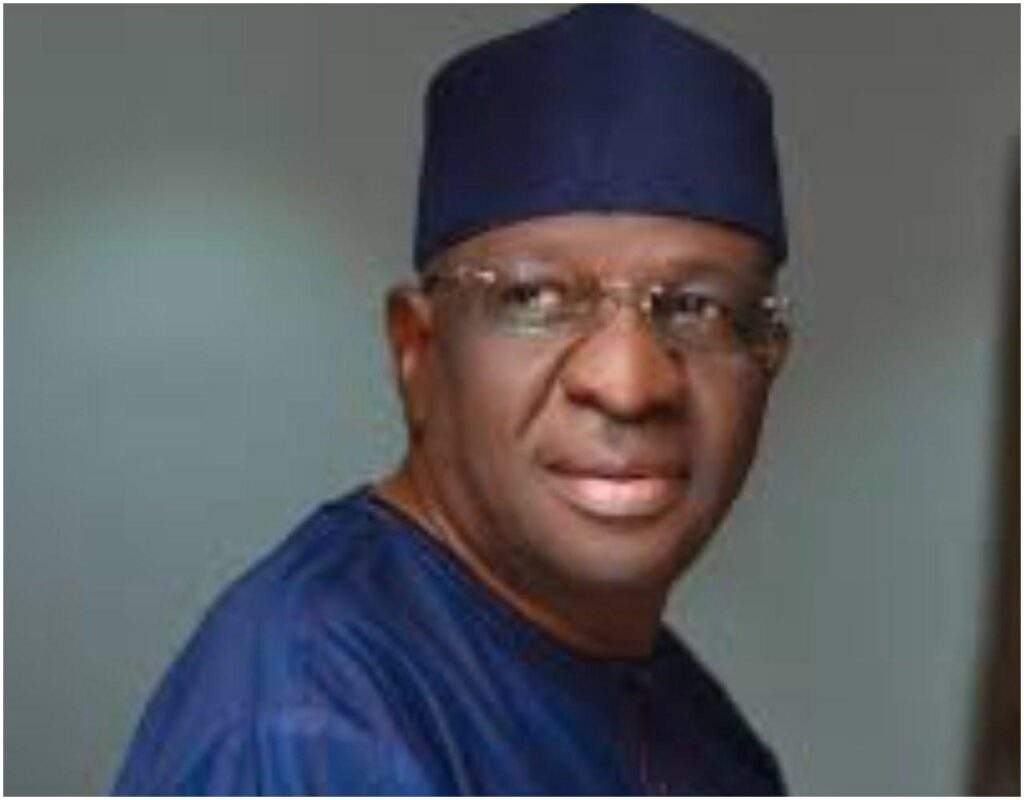Former lawmaker Matthew Urhoghide, who represented Edo South Senatorial District, has criticized former President Muhammadu Buhari for his failure to remove fuel subsidy during his administration. In an interview on Channels Television’s Politics Today program, Urhoghide expressed his belief that Buhari lacked the political will to tackle the controversial policy.
Urhoghide argued that removing fuel subsidy would not have had catastrophic consequences and emphasized the soundness of the arguments against it, especially given the nation’s dwindling revenue. He noted, “You know there are certain decisions that are very difficult to take while you’re in power, and that is why people always say, if you have the political will.”
Highlighting his views further, Urhoghide stated, “I really want to say that the President then didn’t have the political will. Otherwise, if he had removed subsidy during his time, I don’t think heaven would have fallen because the arguments were very sound, and we needed to do something about subsidy. And subsidy has become a big sore point, particularly when we are talking about the very scarce resources we have in the country.”
Urhoghide, who served on the Senate committee on public accounts, revealed the discrepancies in the figures related to the consumption of Premium Motor Spirit (PMS) in the country. He asserted, “To think of it that NNPC needed to pay for the subsidy as under-recovery for us, and whatever was the balance would then come into the federation account. We saw the loopholes, so why didn’t we remove the subsidy?”
Addressing the impact on the rural population, Urhoghide questioned the benefit of the subsidy for the majority of Nigerians who reside in rural areas. He pressed, “We know about the issue of public transportation, that’s where we are talking about the big effect on our people, but how many people in the rural place, who form the greater part of our population, benefit from the subsidy?”
Urhoghide’s comments highlight the ongoing debate surrounding the removal of fuel subsidy in Nigeria and the importance of political will in implementing such controversial policies.
